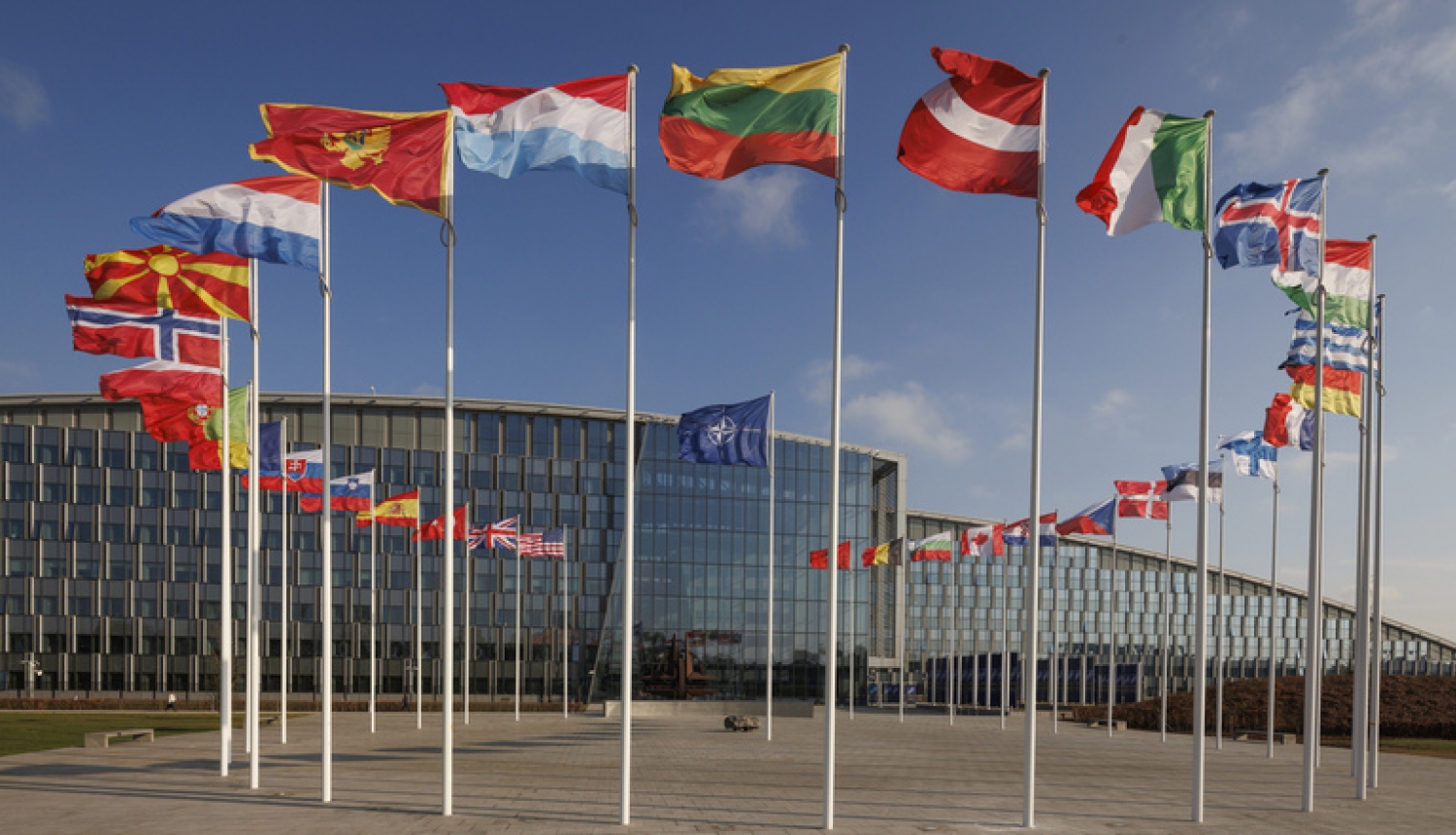Our main priority is to strengthen Latvia’s security by implementing NATO’s military strategy. It includes the Alliance's collective defence, an agreement on combat plans and their implementation, including defence and deterrence posture. For obvious reasons, the Alliance’s defence and deterrence measures are not open to public discussion, so it must also be understood in the context of this Summit that intensive behind-the-scenes work is underway on increasing the readiness of Allied forces and strengthening their combat capabilities.
Overall, at the forthcoming summit, Latvia's priorities are, firstly, to further strengthen deterrence and defence, especially in the NATO Eastern Flank. It is important for Latvia to strengthen the air and missile defence.
Secondly, it is progress in increasing defence spendings and all Member States achieving a fair burden-sharing target of at least 2% of GDP annual investment in defence. All the Baltic States have already exceeded the 3% level, and Latvia’s contribution to security is expected to reach 3.17% of GDP this year. While in 2014 only five NATO members lived up to the target, 23 Allies have already reached that threshold today.
Thirdly, it is immediate and sustainable long-term support to Ukraine to strengthen and develop the capabilities of its armed forces and help it win on the battlefield. The agenda contains the aspects of coordination of military assistance (NATO supplies and training), as well as a political agreement on the next steps towards the integration of Ukraine into NATO, namely, Ukraine’s NATO membership is a matter of time – when, not if. Ukraine’s path to NATO is irreversible. More and more countries on a global scale realise that support to Ukraine is not only in the interests of our security – that of Latvia, the Baltics, the EU – but that Ukraine plays an important role in the security and stability of the Euro-Atlantic space. The Ukraine Peace Summit in Switzerland, for example, was the first global top-level event providing an opportunity to explain Russia’s imperialist nature to those who have never faced it, or so directly, and that Russian aggression against Ukraine is not a local European conflict, but a one with direct negative repercussions worldwide, while also undermining the fundamental principles of international order and the rule of law.
Fourthly, it is the restriction of Russia’s influence and capabilities, and the strengthening of cooperation with partners around the world. In particular, Russian politics now is a war, and Russia is a threat to the security of the Euro-Atlantic space and international security as a whole – it is also something we feel through cyberattacks, attacks in the information space, and various hybrid threats, among other things. The intensity and scale of hybrid threats posed by Russia, including sabotage, disinformation campaign and cyberattacks on Allied territories, is increasing, and so are the awareness and readiness of the Allies to respond appropriately to the risks they encounter. It is highly important to implement a comprehensive strategy to contain Russia, alongside everything that is being done in support of Ukraine.
Likewise, in the current geopolitical situation, it is important for NATO to work together with all its partners – Japan, South Korea, Australia, New Zealand, the Balkans, as well as partner countries in the Middle East, North Africa and the Sahel.
Background information
The meeting of NATO Heads of State and Government, or NATO Summit, will be held in the capital of the United States, Washington, D.C., on July 9–11. The NATO Summit in Washington marks the 75th anniversary since the signing of the Washington Treaty. The Washington Summit is the first meeting bringing together 32 Allies, including the newest members of the Alliance, Sweden and Finland.




